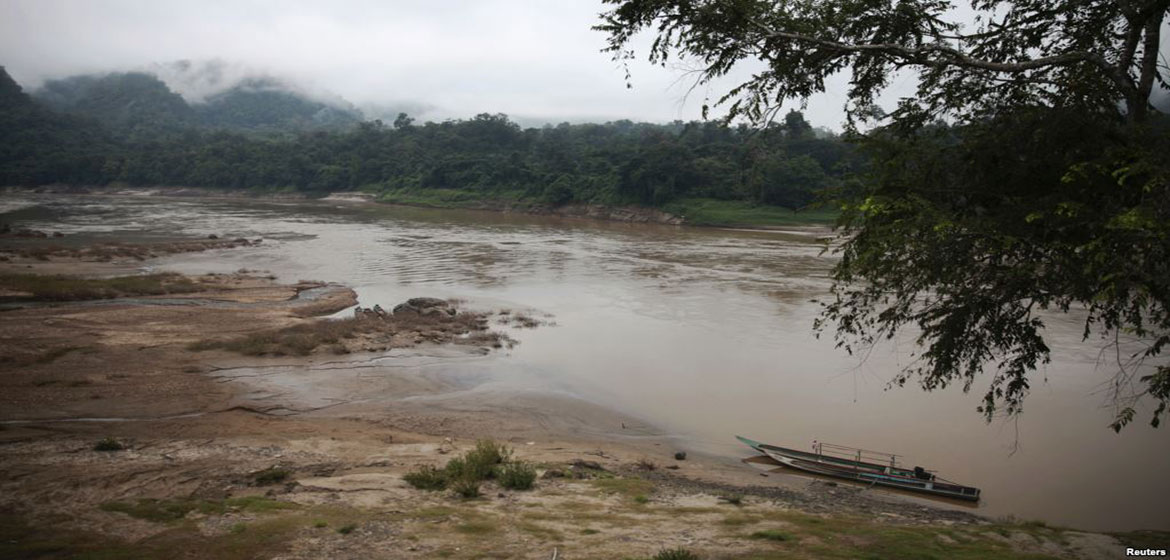By Reuters
BANGKOK — Hundreds of indigenous Karen people in Thailand face evictions from a national park that authorities wish to turn into a World Heritage Site, joining millions in a similarly precarious situation as authorities worldwide push tough conservation laws.
The Kaeng Krachan is Thailand's biggest national park, sprawled over more than 2,900 square kilometers (1,120 square miles) on the border with neighboring Myanmar.
Renowned for its diverse wildlife, it is also home to about 30 communities of ethnic Karen people, who have traditionally lived and farmed there — and is on a tentative list of world heritage sites.
The United Nations' cultural agency (UNESCO) had referred the submission back to the Thai government in 2016, asking it to address "rights and livelihood concerns" of the Karen communities, and get their support for the nomination.
The Thai government plans to respond later this year, according to campaigners.
"The communities have not been consulted or reassured on their access to the forest," said Kittisak Rattanakrajangsri of advocacy group Asia Indigenous Peoples Pact.
"The communities are not opposed to the heritage status," he told Reuters. "They are just asking that they not be evicted, and that their land rights are secure — because if the park gets heritage status without that, there will be a great many more evictions."
A spokesman for the forest department did not respond to requests for comment.
A spokesman for the U.N. human rights office (OHCHR) in Bangkok said they had recently facilitated a meeting between a rights organization working with the Karen, and Thai officials.
Worldwide, more than 250,000 people were evicted from protected areas in 15 countries from 1990 to 2014, according to Washington D.C.-based advocacy group Rights and Resources Initiative.
In India, more than 1.9 million indigenous families face evictions after their forest rights claims were rejected.
'No legal rights'
Since Kaeng Krachan was declared a national park in 1981, hundreds of Karen — a hill tribe people thought to number about 1 million in Thailand — have been evicted, according to activists.
Last year the country's top court ruled that about 400 who had been evicted in 2011 had no legal right over the land.
"The security of indigenous people in Thailand is so tenuous because they have no legal rights, and no recognition of their dependence on forests," said Worawuth Tamee, an indigenous rights lawyer.
"The laws have made them encroachers," he said.
A 2010 Cabinet resolution had called for recognizing the Karen people's way of life and their right to earn a livelihood the traditional way. But this has not been implemented, said
Tamee.
After the military government took charge in 2014, it vowed to "take back the forest" and increase forest cover to about 40 percent of the total surface area from about a third.
This has resulted in hundreds of reclamations from farmers and forest dwellers, according to research organization Mekong Region Land Governance.
"It is the biggest challenge facing indigenous people," said Tamee. "Parks are not just for the enjoyment of city people and tourists. They are also the home of poor, indigenous people who have nowhere else to go."
Source:
Related to SDG 10: Reduced inequalities and SDG 16: Peace, justice and strong institutions



